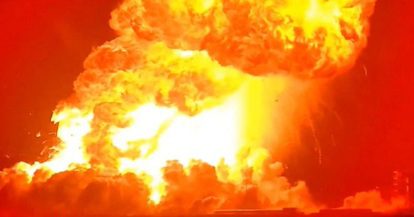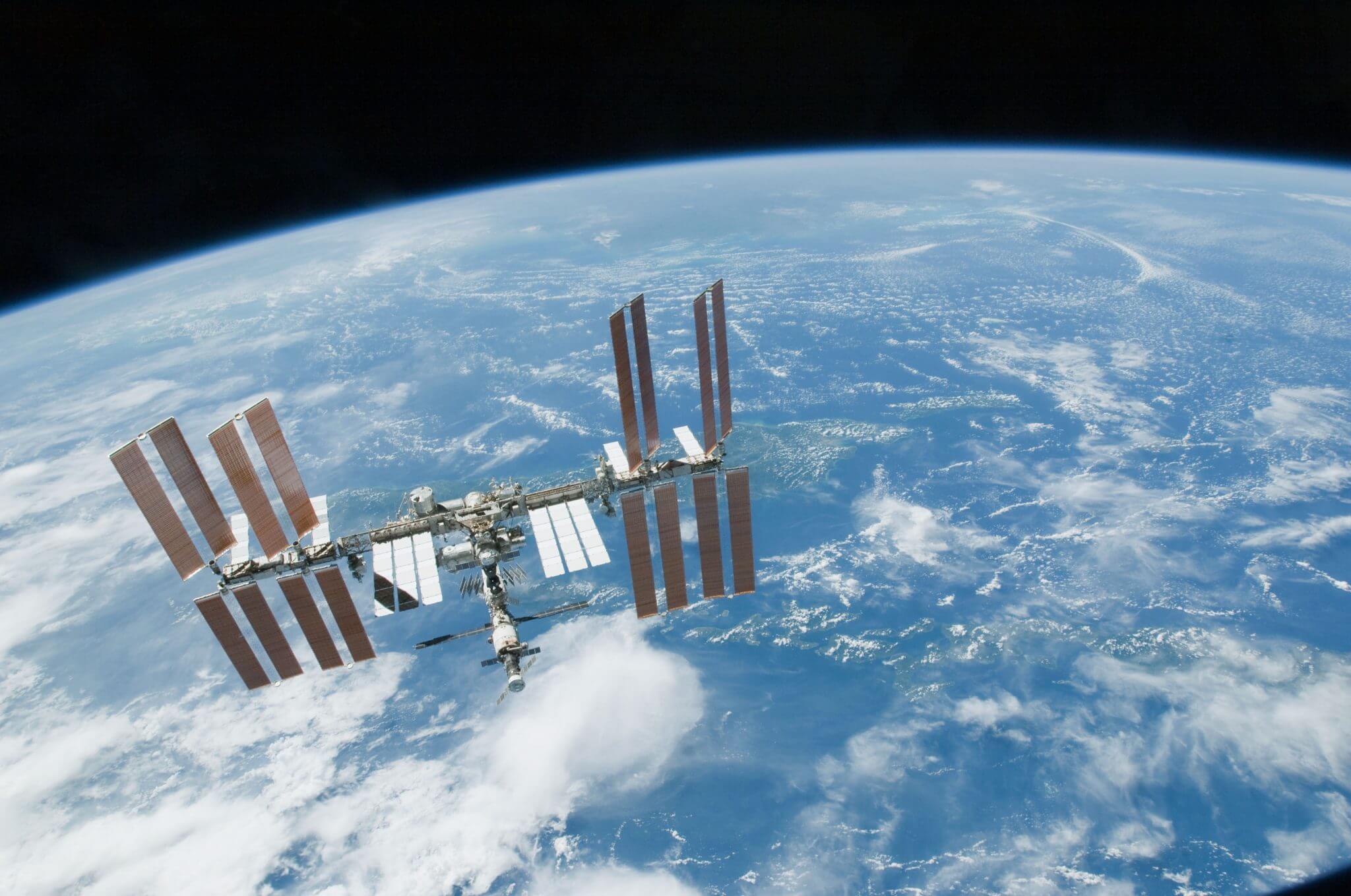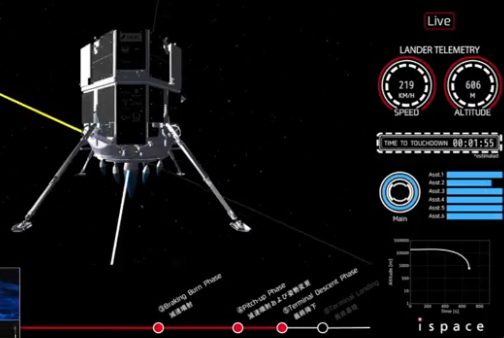The Russian plan to build heavy launch vehicle equivalent to the US SLS, jokingly dubbed “SLS-ski”, as a way of getting its cosmonauts to the Moon and eventually onto Mars, has suffered a blow. According to a report by space journalist Anatoly Zak on http://sen.com/news/russia-puts-off-super-rocket-focuses-on-angara-upgrades, due to funding limitations and a change in strategy, the Russian government has decided to concentrate its priorities on the Angara launch vehicle. In doing so it has indefinitely postponed the development of a super-heavy successor to the Soviet-Union’s failed giant N-1 lunar launch vehicle of the late 1960s/early 1970s, and the under-utilised, Energia launcher of the 1980s.
Instead, Russia will concentrate on the development of a cryogenic LOx (Liquid Oxygen)/Liquid Hydrogen burning upper stage for the recently launched Angara A5, which currently uses a LOx/Kerosene upper stage. With the new upper stage an Angara A5V would be able to carry 40% more payload.
According to the article, as well as its normal trade of launching heavy satellites, a rocket based on the Angara family could still be used to mount manned missions to the Moon. This is despite it having significantly less payload than a SLS-class launch vehicle which will have an eventual payload capability of 150 metric tons to Low Earth Orbit (LEO).
While “taking everything with you” on a single rocket is the conventional method of getting hardware to the Moon (as Project Apollo did on the Saturn V) the alternative is to use two smaller rockets. These would separately launch transfer and landing stages into LEO where they would dock before making a trans lunar injection. During the “space race” in the 1960s, the Soviet Union briefly considered this method using two Proton launches as a way of getting its cosmonauts to the Moon. Russia could thus still be next to put humans onto the lunar surface.







